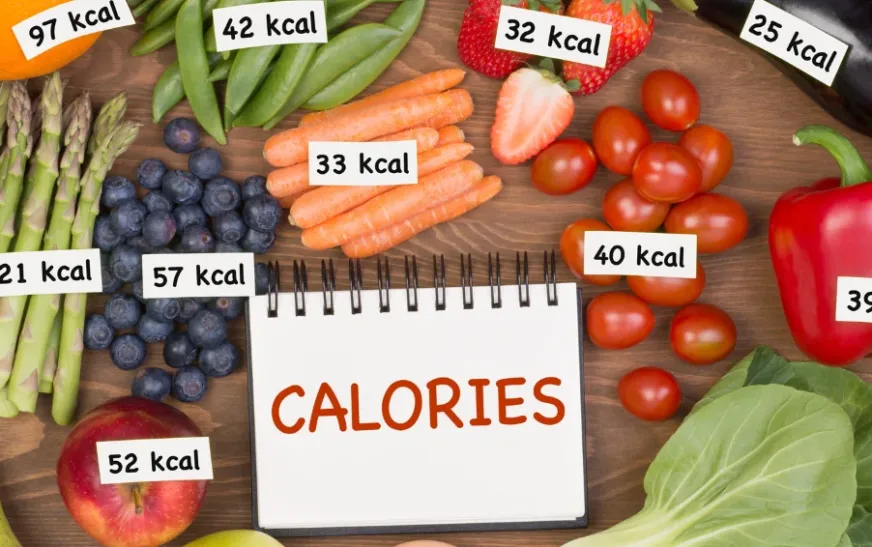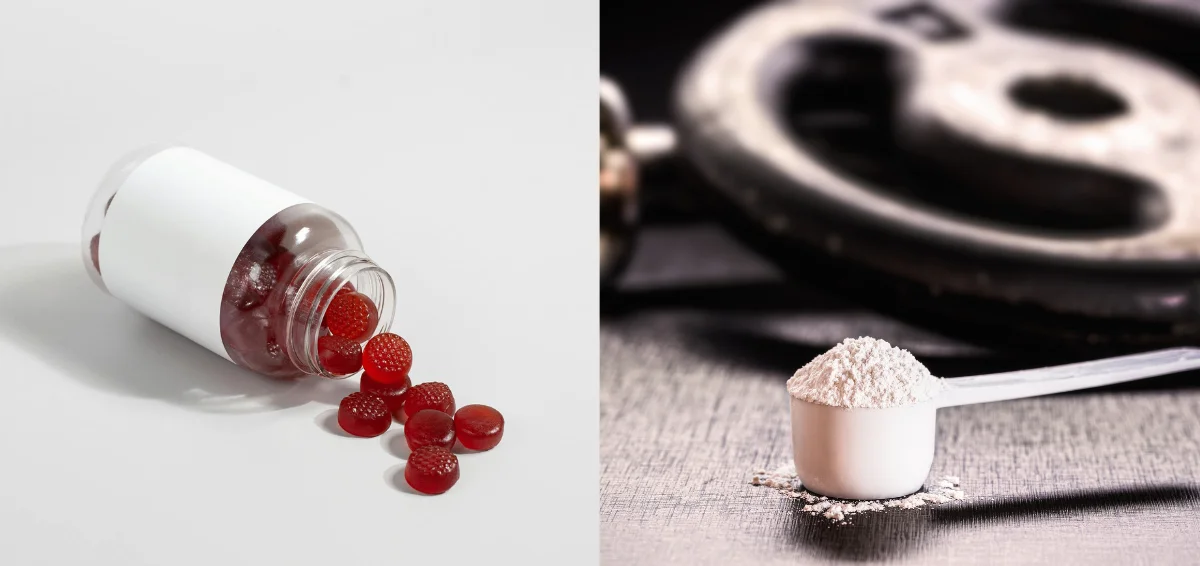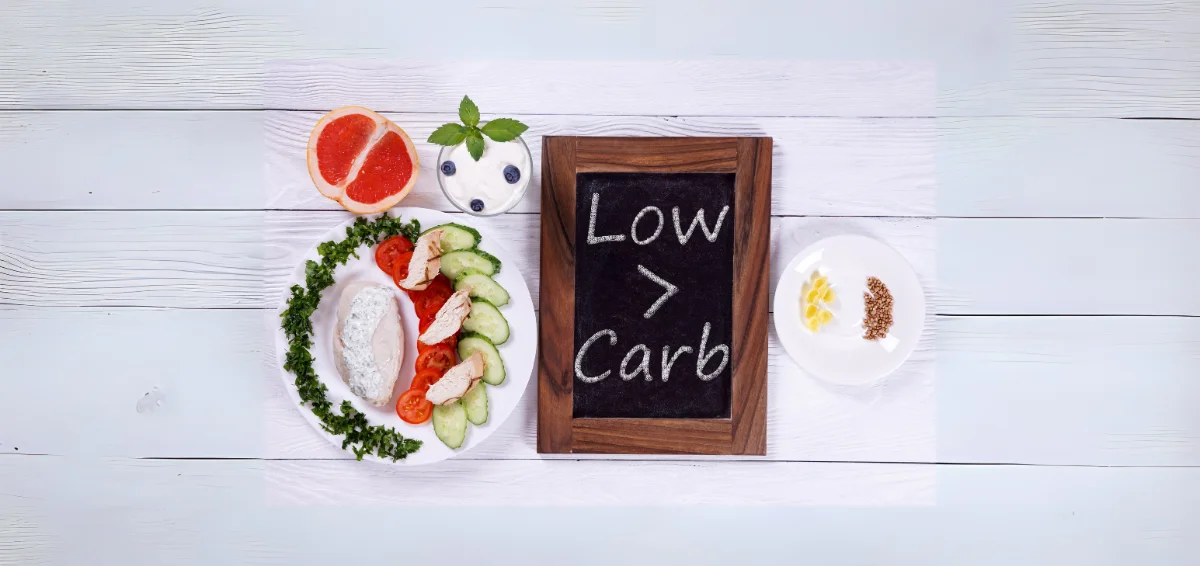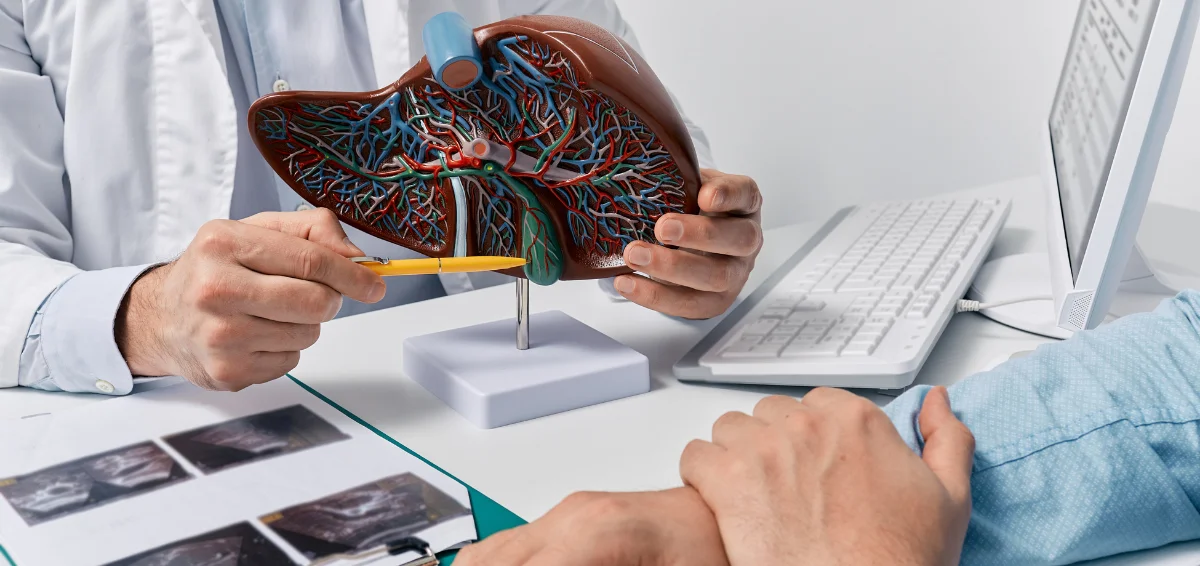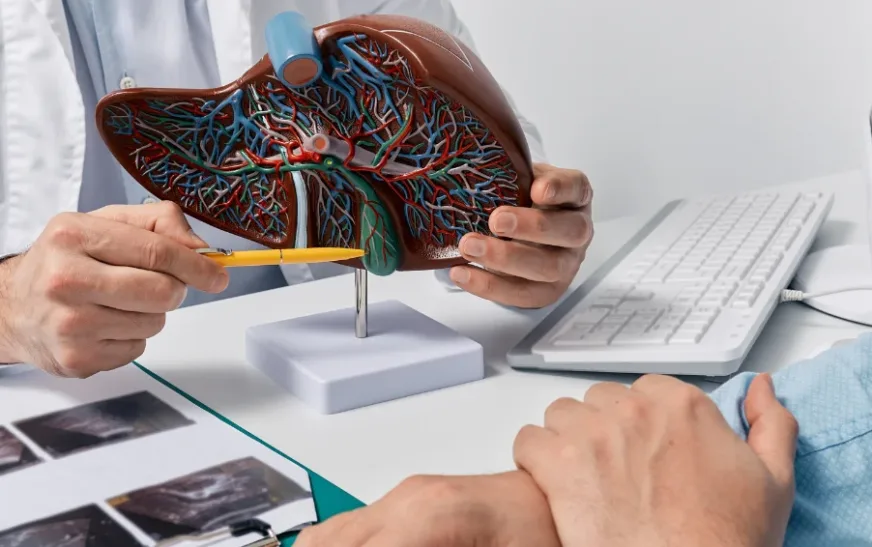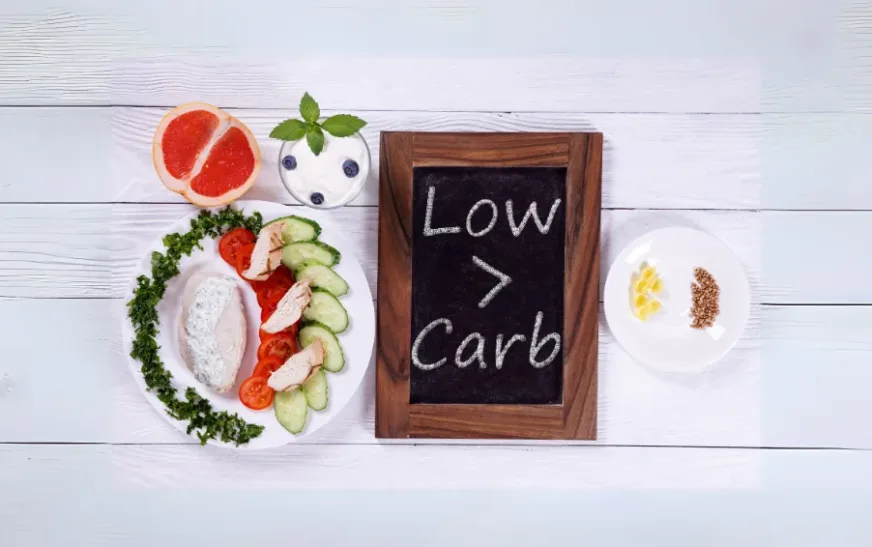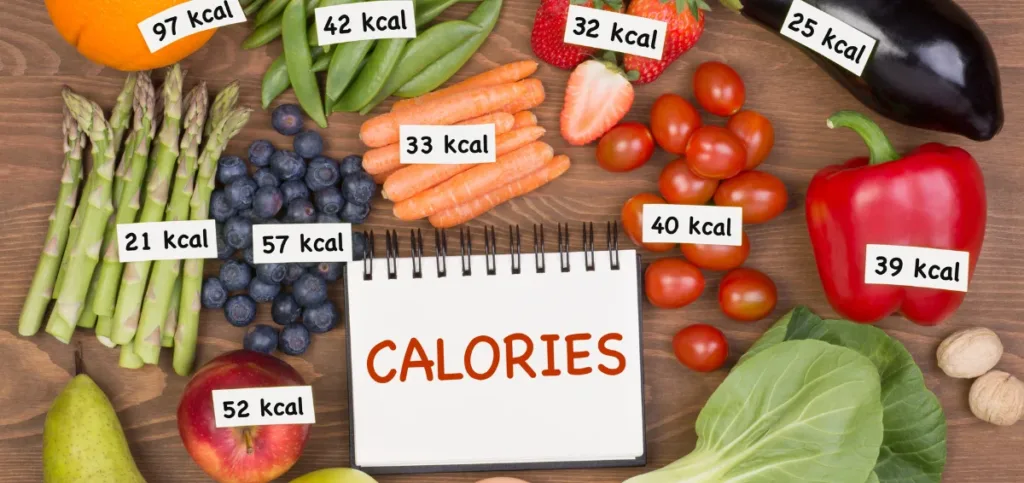
There are many individuals who want to lose fat and build muscle simultaneously. But is it really possible? You’ve probably heard that you need to eat more to grow muscles. At the same time, you may have been told to eat less to burn fat. This can feel confusing. The good news is that both can be done together if you’re smart about it. In this blog, we’ll break down the science and answer the big question: can you build muscle in a calorie deficit, and how do you make it work?
Understanding Calories and Muscles
Calories are energy. Your body will use them to move, think, and grow. Muscles need energy and protein to get bigger. Normally, eating more calories makes it easier to build muscle. A calorie deficit means you’re eating fewer calories than your body burns. In this way, you lose weight. But can the body still grow muscle if it’s not getting extra calories? The answer is yes, but it takes the right approach.
Muscle grows when you put stress on it through strength training. Tiny tears will form in the muscle fibers when you perform exercise. Your body repairs those tears, making the muscles stronger and bigger. For this process, your body needs protein and energy. Even if calories are lower, muscle growth can still happen if the body gets enough protein and proper training. The challenge is finding the balance between losing fat and giving your muscles what they need.
How to Grow Muscles in Calorie Deficiency?
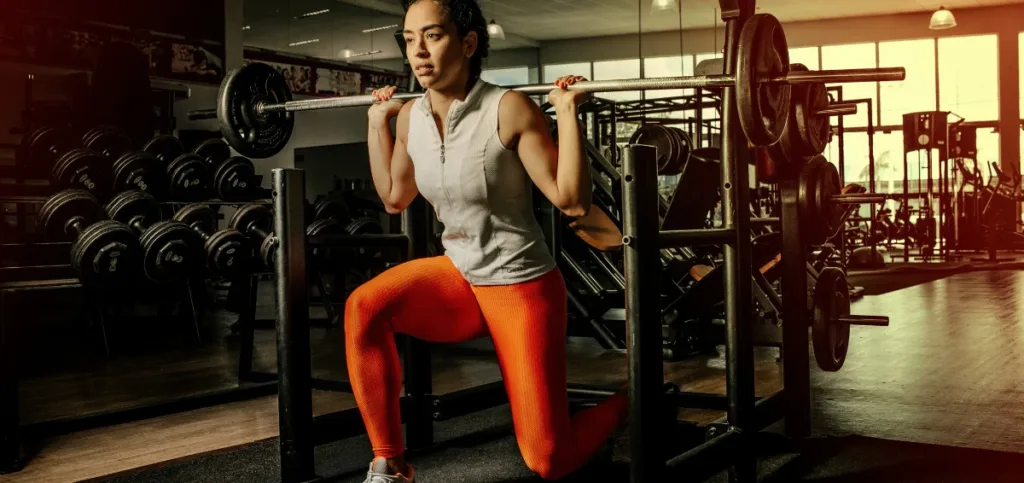
Take A Proper Amount of Protein in Your Diet
Protein is like the building blocks your body uses to fix and grow muscles. The body needs it to repair its muscles. It breaks down food proteins into amino acids. These are the little workers that rebuild your muscles bigger and tougher.
When you’re eating fewer calories than you burn (a calorie deficit), protein becomes even more important. When you don’t take it in an appropriate amount, your body might take it from your muscles to get enough energy. A study found that people who ate nearly twice the usual amount of protein (about 2.4 grams per kg of body weight per day) while exercising hard protected their muscles, gained lean mass, and lost more fat than those eating around 1.2 grams/kg/day
How Much Protein Do You Need?
Experts agree that to help your muscles grow and stay strong, you should aim for 1.6–2.2 grams of protein per kilogram of your body weight each day. For example, if you weigh 70 kg, that’s around 112–154 g of protein per day. This level of intake supports muscle gains and performance better than the basic minimum needed to just prevent muscle loss.
Also, it has been shown that spreading this protein across at least four meals helps your body use it better for building muscles. A study suggests aiming for about 0.4 g/kg per meal. So with four meals, you reach at least 1.6 g/kg/day comfortably. If your goal is the higher range (2.2 g/kg/day), that means about 0.55 g/kg per meal.
Strength Training is the Key
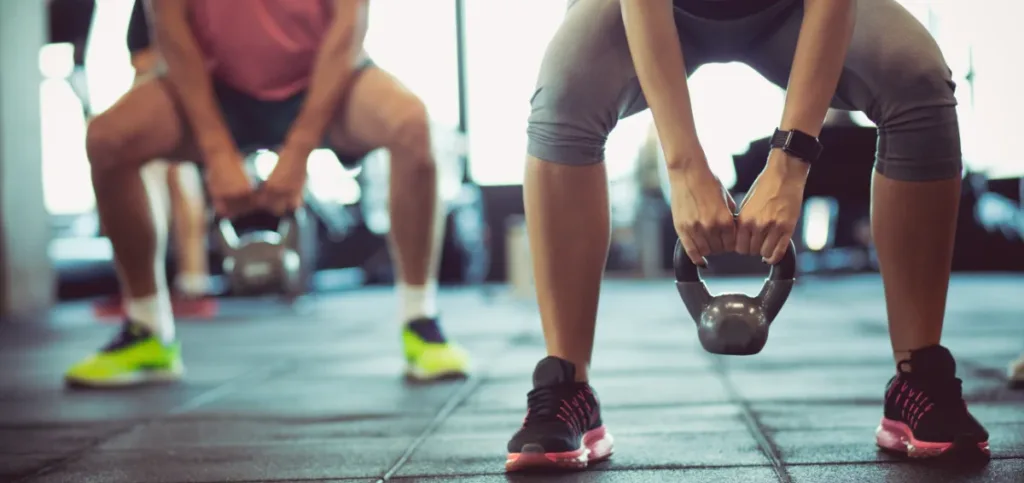
Simply eating protein is not enough. Your muscles need a reason to grow. That reason is strength training. Your muscles grow stronger and bigger when they are challenged with resistance. So, you can perform different things, such as:
- Lift weights
- Exercise with resistance bands
- Opt for bodyweight moves
You can improve your bone health with strength training. Plus, you will enjoy better metabolism and overall strength. These will help you perform daily activities with ease. The best part is that you don’t require a gym full of equipment to start. You can begin with consistent bodyweight exercises at home to grow your muscles. Over time, you can add more weight and opt for advanced movements to challenge your muscles and promote their growth.
Read Also: Do You Burn More Calories When You’re On Your Period?
Tips For Training in a Deficit
- Focus on compound lifts like squats, deadlifts, bench press, and pull-ups.
- Train each muscle group at least twice a week.
- Avoid cutting calories so much that you feel too weak to train.
Strength training is the signal, and protein is the fuel. Together, they allow muscle growth even when calories are lower.
Recovery Matters
Rest is often overlooked, but it’s just as important as training. Your muscles don’t grow in the gym. They grow while you rest. When you’re in a calorie deficit, recovery can be harder because your body has less energy to work with.
Ways to Improve Recovery
- Get 7 to 9 hours of sleep every night.
- Manage stress levels since stress hormones can break down muscle.
- Avoid overtraining and give muscles enough time to recover.
Fat Loss and Muscle Growth Together
Losing fat while gaining muscle is called body recomposition. It’s not easy, but it’s possible. When you’re in a calorie deficit, your body turns to fat stores for energy. At the same time, protein and training help build new muscles. This combination makes you look leaner and stronger. Also, you become healthy.
Body recomposition works best for beginners, overweight individuals, and people coming back after a break. For advanced athletes, it becomes harder and may require very careful planning.
Common Mistakes People Make
Many people try to build muscle in a calorie deficit but fail because of common mistakes. Let’s look at them:
- Cutting Too Many Calories: If you cut calories too much, your body won’t have enough energy. Instead of building muscle, it may start breaking it down.
- Not Eating Enough Protein: Without enough protein, you can lose muscle even if you’re training hard.
- Overdoing Cardio: Cardio is good for health, but too much can burn valuable muscle when calories are already low.
- Poor Training Plan: Random workouts don’t give muscles the consistent stress they need. A proper strength training plan is key.
Smart Nutrition Strategies
Eating fewer calories doesn’t mean eating less food volume. It means eating smarter foods.
1. Focus on High-Protein Meals
Protein is your muscle’s best friend. Include lean meats, fish, eggs, dairy, tofu, or beans in every meal. Eating enough protein helps your body repair and grow muscles, even when you’re eating fewer calories.
2. Time Your Meals Around Workouts
Eating the right foods before and after exercise makes a big difference. You have to take a light meal or snack with protein and carbs about 1 to 2 hours before training. After your workout, refuel with protein to support recovery and carbs to restore energy. This helps your body to hold onto muscle while burning fat.
3. Choose Nutrient-Dense Foods
When eating in a calorie deficit, every bite counts. You can swap empty-calorie foods like chips or sweets with nutrient-rich options like vegetables, fruits, whole grains, healthy fats, etc. These foods keep you full longer. They will provide essential vitamins and minerals. Plus, they will fuel your workouts without pushing you over your calorie limit.
Read Also: High-Protein Snack
4. Stay Hydrated
Water is overlooked most of the time. However, it plays a major role in muscle building and fat loss. Dehydration can reduce workout performance and slow down the recovery process. Plus, it can make you feel hungrier. So, you have to aim for 2 to 3 liters daily. You have to raise your intake if you sweat heavily. Besides this, proper hydration helps your body digest protein efficiently.
The Bottom Line
So, can you build muscle in a calorie deficit? The answer is yes, but it requires careful planning. You have to monitor your diet and make smart food choices. At the same time, you have to strength train and recover properly. It’s not the fastest method. You won’t gain huge amounts of muscle quickly. Instead, you will lose fat and add muscle at the same time. It is a steady and long-term approach. You have to build habits that last. So, you have to be patient and consistent. With time, you will notice that your body becomes lean, healthy, and strong.

